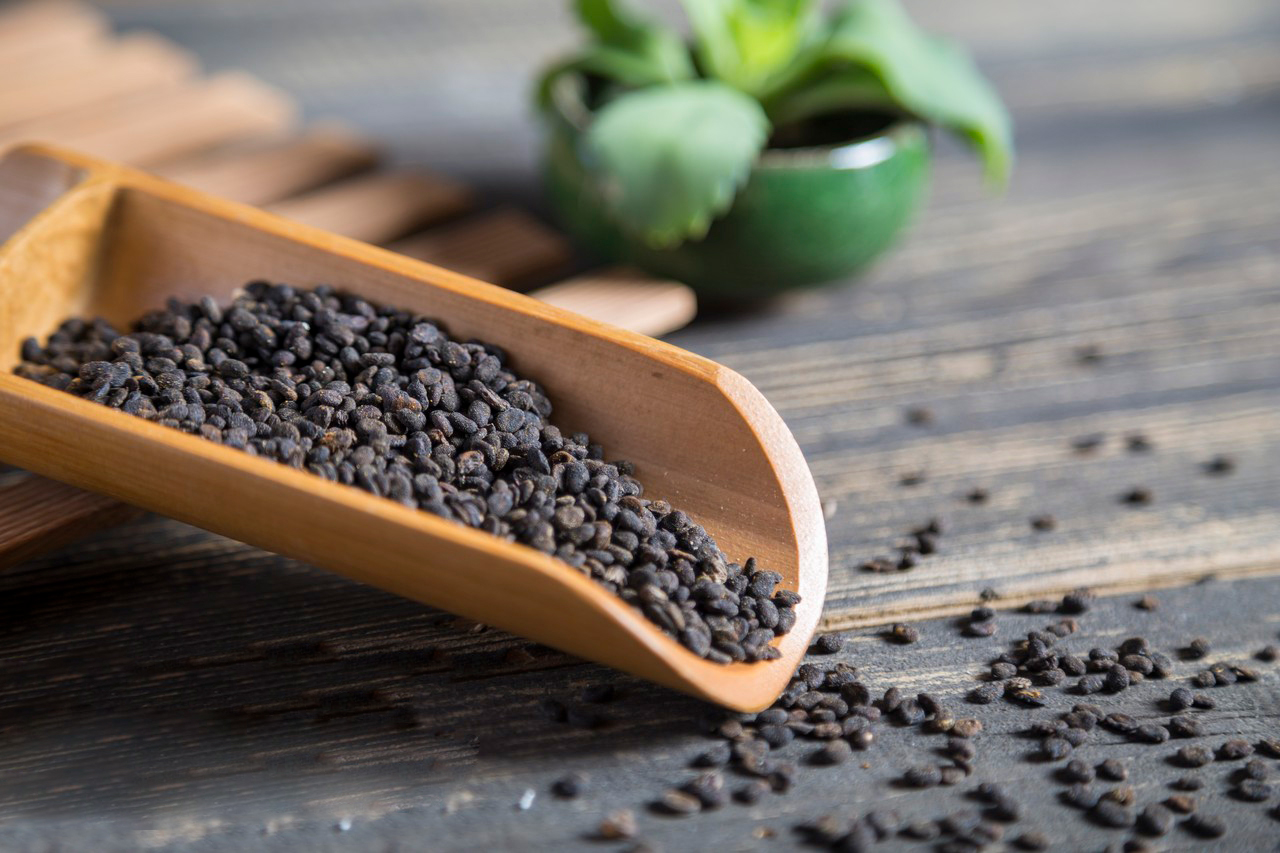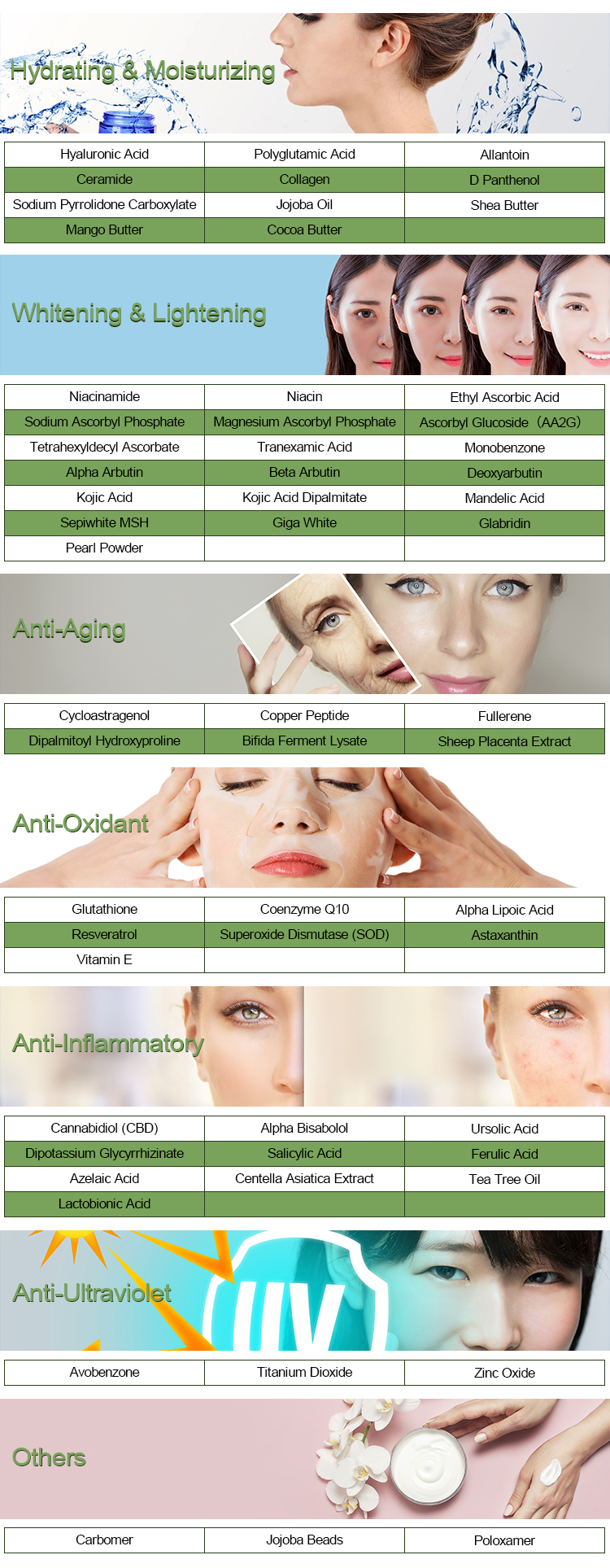As of my last update in September 2021, Bakuchiol oil had gained popularity in the skincare industry as a natural alternative to retinol, but it’s essential to consult more recent sources for any recent developments or new clinical applications. Bakuchiol is a plant-derived compound found in the seeds of Psoralea corylifolia, also known as the Babchi plant. It has been used in traditional medicine for various skin conditions and has been studied for its potential benefits in skincare.

The potential clinical applications of Bakuchiol oil in skincare include:
Anti-aging properties: Bakuchiol has been touted as a natural alternative to retinol, a well-known anti-aging compound. Studies have shown that Bakuchiol can improve the appearance of fine lines, wrinkles, and skin elasticity, making it a potential anti-aging ingredient.
Skin brightening: Bakuchiol has been reported to help even out skin tone and reduce the appearance of hyperpigmentation, making it a useful ingredient in products targeting skin discoloration.
Anti-inflammatory effects: Bakuchiol has demonstrated anti-inflammatory properties, which may help soothe and calm irritated skin, making it suitable for sensitive or acne-prone skin.
Antioxidant activity: Bakuchiol has been shown to possess antioxidant properties, which can help protect the skin from oxidative stress and damage caused by free radicals.
Moisturization: Bakuchiol can help improve skin hydration, making it beneficial for maintaining skin barrier function and preventing moisture loss.
It’s important to note that while Bakuchiol has shown promising results in some studies, more research is needed to fully understand its benefits and potential side effects. As with any new skincare ingredient, it’s advisable to perform patch tests and consult a dermatologist before incorporating Bakuchiol oil or products containing Bakuchiol into your skincare routine, especially if you have sensitive skin or any pre-existing skin conditions.
Since research and clinical applications may have advanced beyond my last update, I recommend consulting more recent scientific literature and dermatological resources for the latest information on Bakuchiol oil’s clinical applications and safety.
How to use Bakuchiol Oil?
Bakuchiol oil is a natural plant-derived alternative to retinol, known for its anti-aging and skin-beneficial properties. It is gentle on the skin and suitable for sensitive skin types. Here’s a general guide on how to use Bakuchiol oil:

Patch Test: Before incorporating any new skincare product, including Bakuchiol oil, into your routine, always perform a patch test. Apply a small amount of the oil to a small area of your skin (usually behind the ear or inner forearm) and wait for 24 hours to check for any allergic reactions or irritations.
Cleansing: Start by cleansing your face with a mild cleanser to remove any dirt, makeup, or impurities from your skin.
Toning (optional): If you use a toner as part of your skincare routine, apply it after cleansing and before applying Bakuchiol oil. The toner can help balance your skin’s pH and enhance the absorption of the oil.
Bakuchiol Oil Application: Take a few drops of Bakuchiol oil onto your fingertips. Gently massage the oil onto your face and neck, avoiding the delicate area around your eyes.
Frequency: Initially, start by using Bakuchiol oil once every other night or every two nights to assess how your skin responds to it. Gradually increase the frequency to nightly use if your skin tolerates it well.
Nighttime Use: Bakuchiol is best used at night as it can make your skin more sensitive to the sun. Applying it before bedtime allows it to work its magic while you sleep.
Moisturizer: After the Bakuchiol oil has been absorbed into your skin, follow up with a moisturizer to lock in the hydration and to provide an extra layer of nourishment.
Sunscreen: During the day, ensure you apply sunscreen with at least SPF 30 to protect your skin from harmful UV rays. Bakuchiol can make your skin more sensitive to the sun, even though it’s less likely to cause photosensitivity compared to retinol.
Other Considerations: If you are using other active skincare ingredients like AHAs, BHAs, or vitamin C, it’s essential to introduce Bakuchiol oil gradually to avoid overwhelming your skin with too many actives.
Be Patient: Like any skincare product, results may take time to become noticeable. Be patient and consistent with your use of Bakuchiol oil to see its benefits on your skin.
Remember, everyone’s skin is different, so it’s essential to pay attention to how your skin responds and adjust the frequency of use accordingly. If you have specific skin concerns or conditions, it’s always a good idea to consult a dermatologist or skincare professional before incorporating new products into your routine.
